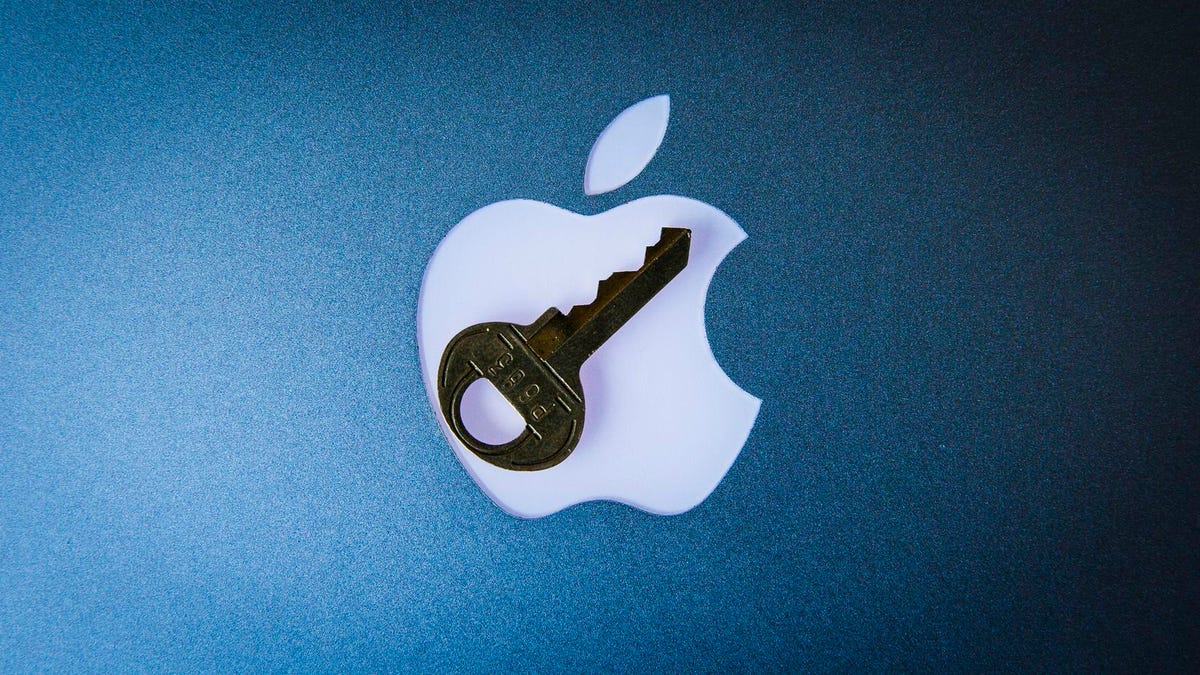Apple cites 'significant' malware on Mac while defending iOS App Store in Fortnite trial
Apple's head of software engineering, Craig Federighi, says malware on Macs has hit "unacceptable" levels.

Apple's computers, once known for their security, have been struggling.
More than a decade ago, Apple ran an ad in which a guy known as "PC" sneezed repeatedly as he explained computer viruses to a confused fellow called "Mac." "You better stay back; this one's a doozy," said comedian John Hodgman, who plays PC in the ad. "Do not be a hero. Last year there were 114,000 known viruses for PCs."
"PCs, not Macs," Justin Long, playing the Apple computer, says just before PC collapses.
Now times have changed.
As Apple has notched the most successful sales of Mac computers in history, its head of software engineering, Craig Federighi, says attacks have risen as well. "Today, we have a level of malware on the Mac that we don't find acceptable," he said Wednesday during testimony defending Apple in a lawsuit with Fortnite maker Epic Games in a California court.
Each week, Apple identifies a couple pieces of malware on its own or with help of third parties, Federighi added, and it uses built-in systems to automatically remove them from customers' computers. But still, the malware can infect hundreds of thousands of computers before Apple stamps it out. Since last May, Federighi said, there have been 130 types of Mac malware, and one of them alone infected 300,000 systems.
Federighi said he believes Macs are still more secure than PCs, but he made clear that the Mac's facing a "significantly larger malware problem" than are iPhones , iPads and Apple's other devices. "It's an endless game of whack-a-mole."
Apple's choice to essentially attack the security of its own software may seem shocking after the company spent years criticizing competing PCs as insecure. But Apple's now defending its App Store for the iPhone and iPad in a California court, where Epic is asking a judge to force major change. The court is considering whether Apple should be allowed to wall off its phones and tablets, only allowing apps to be installed through its App Store. Epic says that Apple's approach is too restrictive and that competing technologies should be allowed onto its phones as well.
Federighi described Apple's restrictive approach as an important part of protecting the more than 1 billion iPhones in active use. "It's an attractive target," he added, noting the cameras, microphones, location data and two-step authentication technology that are standard on smartphones these days. "All of these things make access or control of these devices potentially incredibly valuable to an attacker."
Apple isn't alone recognizing the rising plight of attacks on its computers. Cybersecurity company Malwarebytes wrote last year that the amount of malware being detected on Macs was outpacing that on PCs for the first time. And it cited overconfident Apple users as one of the reasons.
"People need to understand that they're not safe just because they're using a Mac," Thomas Reed, Malwarebytes' director of Mac and mobile and a contributor to the report, told Recode back then. "There is a rising tide of Mac threats hitting a population that still believes that 'Macs don't get viruses."
Malware is a widespread problem. Variants of it, including ransomware -- which allows someone to lock up computer files until the victim pays a ransom -- has become a national security threat. Just this month, hackers forced Colonial Pipeline to shut down before paying more than $4.4 million to regain access to its systems. The drama sparked panic buying and gas shortages across the East Coast of the US.
Amid the rising attacks against Mac computers, Apple has been regularly bulking up its security. The company routinely includes new security features in its MacOS software updates, and more are likely to be announced during the company's Worldwide Developers Conference in June.
See also: Apple 24-inch iMac review: A colorful new M1 Mac for the post-quarantine world

